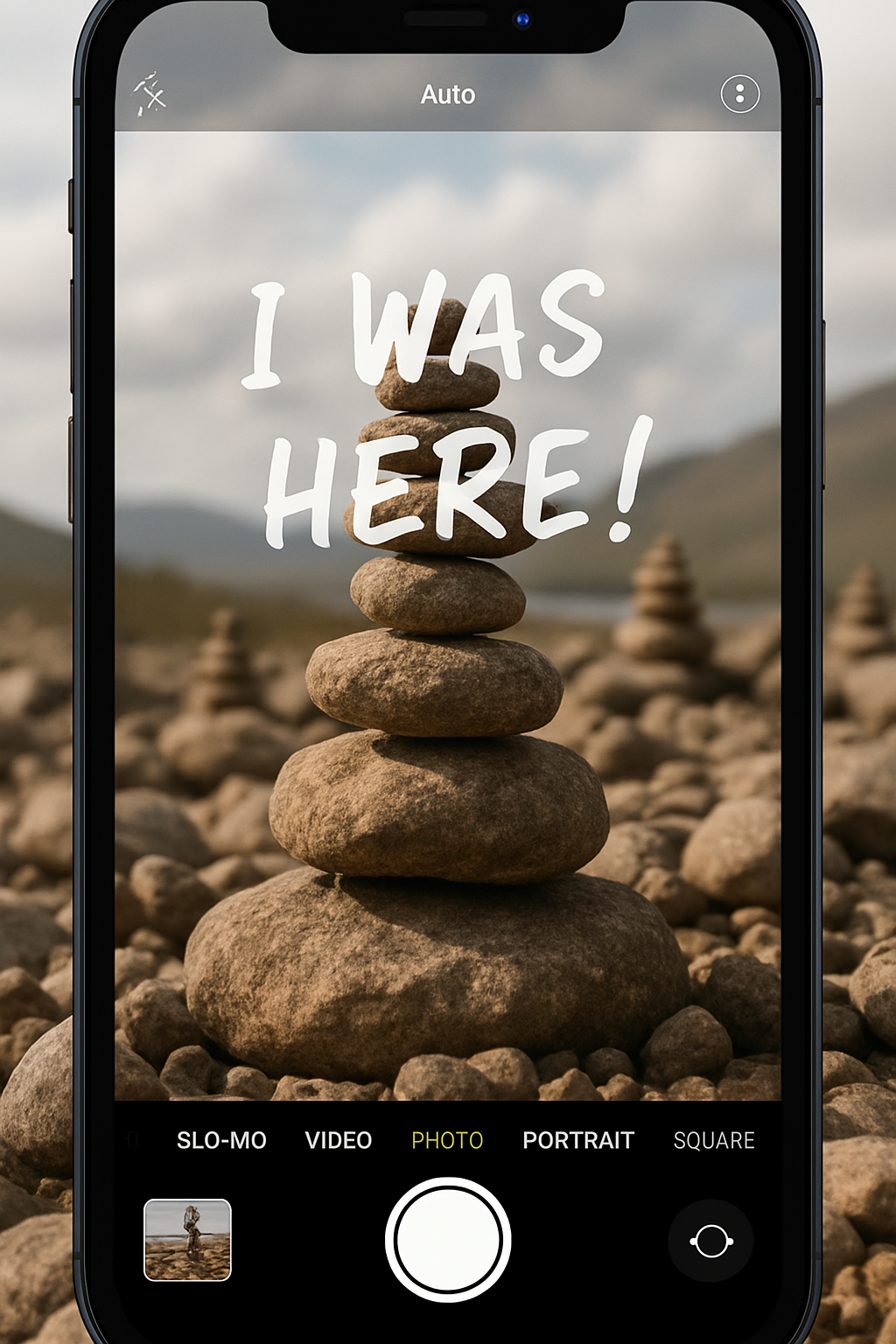The Bridge to Nowhere and Everywhere
/“Here is what I have seen: It is good and fitting for one to eat and drink, and to enjoy the good of all his labor in which he toils under the sun all the days of his life which God gives him; for it is his heritage.” — Ecclesiastes 5:18
This weekend, Wendy and I went on one last “hooray” before school begins. We traveled to a remote cabin on the banks of the Grand Lake O’ the Cherokees. We rented a boat and asked what we needed to see. The marina staff gave us several sights to check out, but the first was the “Bridge to Nowhere”. They even told us the history of the bridge…and they were completely wrong!
We did go out to see the impressive camel-back, steel truss-style bridge on concrete risers. If you do a little digging, you will find numerous stories about how it came to be. Most of them, including what we were told at the marina, are wrong.
The best I can do on a novice glance at the history is: The bridge was constructed around 1905 at another location to connect Grove and Echo. In the 1930s, under the WPA (Works Progress Administration) and the building of the dam to make Grand Lake, the bridge was moved to it’s current location. Only three sections of the bridge were erected before World War II broke out and all efforts were geared to supporting the troops. Work ceased on the bridge and after the war no funds were available to build the approaches to connect the bridge to land.
This very bland history of the bridge contradicts local lore which includes water levels in the lake rising to fast to complete it, or politicians building it to create a shortcut to their home before they were forced out of office. But it is, to the best of my knowledge, the true story. And it is an unfinished bridge; a Bridge to Nowhere!
It is also a staple of touring Grand Lake. I wouldn’t have photographed it unless it hadn’t been completed (okay, I would have because I’m weird). The people of the area point you to it. It is noticed because it is unfinished.
That weekend, I was also reading Ecclesiastes. “‘Meaningless! Meaningless’ says the Teacher. ‘Utterly meaningless! Everything is meaningless.’” (Ecclesiastes 1:2) It would be easy to throw this bridge into that camp and talk about how the “best laid plans of mice and men often go awry”. But that is not what I saw at the lake or read in Ecclesiastes.
We have a habit of glorifying fruit production in the faith. As a result we have become “fruit inspectors” to judge how we and others are doing in their walk. God’s call was never focused on the fruit. He brings that into being Himself. His focus was on us abiding.
Yet, we see an unfinished bridge and dub it a bridge to nowhere. How short sighted we are. Our unfinished bridge might be the very landmark that draws people to Christ. It might be whatever we thought we were building is meant to be a catalyst, not a completion.
This was a powerful thought to me as I read through Ecclesiastes and thought about the meaninglessness of man’s efforts; the vanity, pride and false sense of accomplishment. However, there is one theme throughout the book that is driven home, “It is good and fitting for one to eat and drink, and to enjoy the good of all his labor in which he toils under the sun all the days of his life which God gives him; for it is his heritage.” (Ecclesiastes 5:18)
In other words, God is going to do the work He is going to do. You can’t add anything to it. You can’t take anything away from it. All you can do is join Him, or not. If the bridge is never completed, your business or ministry goes bankrupt, if you have to take another job, if you lose everything and have to start over…it doesn’t change God’s will for your life. Stop looking at the fruit, and focus on abiding in Him.
The message I took away from Ecclesiastes this time through was simple. Stop being a fruit inspector of my own life and others. Focus on abiding, because I can’t add nor take away anything from God’s plan. To think so is meaningless. Focus on abiding. Focus on the what He has for me today. “And whatever you do, do it heartily, as to the Lord and not to men.” (Colossians 3:23)
What a challenge that is! To stop gawking at the unfinished things in my life, and to focus on what the Lord has for me today! I might be building a bridge to nowhere, but as long as I am focused on abiding in the Lord it will undoubtedly be a bridge to everywhere I need to go! What He does with the works of my hands is His prerogative. My job is to simply do everything I do unto the Lord.
Who wants to build a bridge today? Home, work, friends, neighbors and strangers. They all need a bridge. Let’s give them something to gawk at. Not by WHAT we do, but HOW we do it—as unto the Lord.
© 2025 Warren Martin. All rights Reserved.






